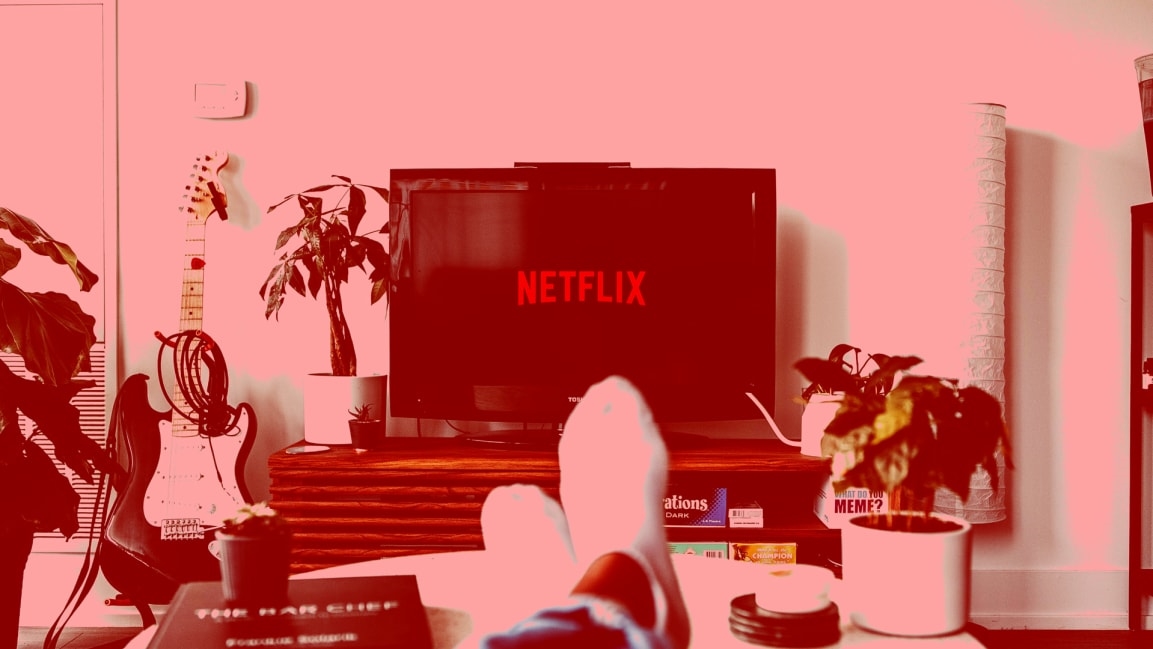Netflix is asking some users to prove they’re not sharing passwords
Don’t call it a crackdown just yet, but Netflix is testing a new way to keep password sharing under control.
In a screenshot shared on Twitter this week, Netflix appeared to seek extra verification before letting users into the app, offering to send a one-time passcode to the account holder via email or text message. The prompt also showed an option to “verify later.”
O no. Netflix doing the purge?!? pic.twitter.com/XXlHtfgfsy
— chante most (@DOP3Sweet) March 9, 2021
“If you don’t live with the owner of this account, you need your own account to keep watching,” the message said, while offering a 30-day trial.
Netflix confirmed the test’s authenticity to streaming news site The Streamable but offered few additional details. “This test is designed to help ensure that people using Netflix accounts are authorized to do so,” a spokesperson said.
Is a crackdown coming?
Netflix’s overall posture toward password sharing has stiffened in recent years as subscriber growth has slowed down. Although Netflix co-CEO Reed Hastings once referred to password sharing as “something you have to learn to live with,” chief product officer Greg Peters said in 2019 that the company was looking at “consumer-friendly ways to push on the edges” of password sharing as it monitored the situation.
But in lieu of more information, it’s hard to say how drastic a measure this might be. Netflix has not answered additional questions about what type of usage would trigger the test or what happens if users ignore the verification prompts. (We’ll update this story if we hear back.)
Media companies in general have been extremely wary about cracking down on password sharing in a draconian way. David Kline, Viacom’s executive vice president and chief information and technology officer, told me in 2019 that the company doesn’t want to go after customers “in a way that becomes negative” and creates friction. And when I spoke last year to Andy Forssell, the executive vice president and general manager of WarnerMedia’s direct-to-consumer business, he expressed similar hesitations about going after casual password sharing.
“If a kid goes away to college, I’m not interested in having a platoon of lawyers decide, is that kid in the household anymore? We’re not going to be draconian about that,” Forssell said. “But if the Russians have managed to scoop up a ton of passwords and are reselling them, that we need to help protect people from, so that’s where we’re going to focus our efforts.”
Given the language in Netflix’s statement around “authorized” use, the company may be looking to crack down on similar situations where password sharing has gotten out of control. But the company could just as easily back off from those plans if its testing ends up irritating its paying customers.
Sign up for Jared’s Cord Cutter Weekly newsletter for more news and advice on streaming TV.
Fast Company , Read Full Story
(36)



